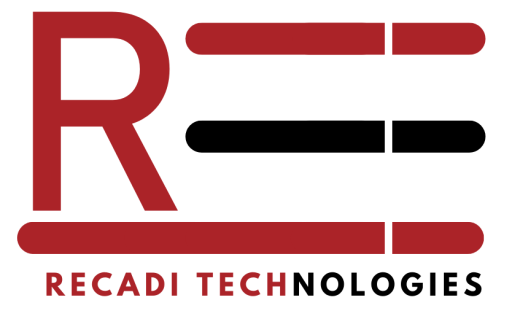
Challenge
During the COVID-19 pandemic in 2020, TSAfrika faced significant challenges in transitioning to online learning. The abrupt shift to remote education revealed the inadequacies of their existing infrastructure, leading to issues such as inconsistent access to learning materials, difficulties in engaging students, and inefficiencies in managing coursework and assessments. The lack of a unified and robust e-learning platform hindered both teachers and students, resulting in reduced learning outcomes and increased frustration. These challenges underscored the need for a comprehensive solution to facilitate effective online education and ensure continuity of learning during unprecedented times
Solution
We developed a comprehensive e-learning platform for TSAfrika that addressed all their remote learning challenges by integrating a wide array of features. The platform included tools for creating and managing lesson plans, allowing teachers to easily organize and distribute course content. Online exams and automated grading systems streamlined the assessment process, while a robust student marks management system provided accurate tracking of academic progress. Communication tools such as real-time chat, discussion forums, and video conferencing facilitated interaction between students and teachers, fostering a collaborative learning environment. Centralized announcements ensured that all students received important updates and information promptly. Additionally, the platform offered features like interactive multimedia content, quizzes, and analytics to keep students engaged and informed. This holistic approach ensured that TSAfrika could deliver a seamless, efficient, and engaging online learning experience, meeting the needs of both students and educators during and beyond the pandemic.
